UK and US weapons used in Yemen make them complicit
An Oxfam report, which analyzed 1727 attacks on Yemeni civilians since the start of 2021, shows that at least 839 civilians were killed and 1775 others were wounded during this time. 87 of the deaths were caused by airstrikes alone.
The aircraft used in the attacks, over half of which were British made, used cluster bombs, the use of which is banned by international law.
The fatalities were due to artillery strikes, missile barrages, drone attacks, landmines, road side bombs and the use of light arms.
According to another report by an American think tank, the American Thinker, Saudi Arabia spends some $200 million per day to hire mercenaries and maintain the arms supply.
A large portion of this money goes to the UK for purchasing Typhoon and Tornado aircraft, Paveway bombs, as well as Brimstone and Storm Shadow missiles, making the UK fully complicit in the crimes committed against Yemeni civilians, as stated by the International Development Committee of the UK.
Given that the UK has a long history of defense exports to Saudi Arabia and its coalition partners, and considering the evidence, it seems inevitable that any violations of international humanitarian and human rights law by the coalition have involved armaments supplied from the UK.
These arms have also been used by the Saudi led coalition to bomb health facilities on 19 separate instances which constitutes war crimes.
Oxfam's policy adviser, Martin Butcher, called on the UK government to immediately cease its arm sales to the Saudis. He also pointed out the hypocrisy of UK sanctions against Russia over alleged war crimes in Ukraine while turning a blind eye to the blatant war crimes of the Saudi coalition in Yemen.
Mr Butcher also highlighted the fact that the UK Government still continues to sell arms to Saudi Arabia, being its second biggest arms supplier, which will, inevitably, be used in the war against Yemen.
He revealed that the UK government have not only been arming Saudi Arabia but have also been very reluctant to use their position on the United Nations Security Council to push for peace.
Saudi Arabia is the biggest importer of arms in the world second only to a country with 40 times the population of the KSA. In the year 2020 alone, the Kingdom imported nearly $1 billion worth of arms, the majority of which came from the US.
This however, does not stop the US from parroting a tired narrative of pushing for peace in Yemen, when, in reality, they even hesitate to call it a war. This is apparent by President Biden's initial pledges to end the war during his presidential campaign while continually supplying arms to the kingdom to this very day.
Let me begin first by reiterating our commitment, the commitment of the United States, to helping improve Yemeni lives, creating the space for Yemenis to collectively determine their own future, and to advance a durable resolution that ends the conflict in Yemen.
Timothy Lenderking, US Special Envoy to Yemen
However the weapons fragments, emblazoned with US and UK branding, paint a starkly different picture. The six months United Nations sponsored truce which was supposed to be the grounds for longer standing solutions, was also very quickly, and repeatedly, violated by Saudi Arabia.
This is what Yemen's Ansarullah Resistance Movement sees as the reason for the temporary truce:
The Saudi led coalition's main goal out of (sic) the truce was to stop the Houthi Ansarullah forces from carrying out retaliatory military operations against targets deep inside Saudi Arabia. Moreover, the crippling sea, land, and air, blockade on Yemen has created a humanitarian disaster in the country.
Ansarullah Resistance Movement, Yemen
With all options exhausted the Ansarullah Movement has now said that it will inevitably launch missile strikes deep inside Saudi and UAE territories. This comes amid reports that the Saudi Crown Prince, Mohammed bin Salman, is looking to find a way out of the incredibly costly Yemen war.
The Lebanese Al Akbar newspaper wrote "Riyadh is now showing a lot of flexibility during negotiations is currently has no concern other than getting security guarantees that strategic facilities deep inside the country would not be hid. It has abandoned the illusion of turning Yemen into a country under its tutelage and has instead sufficed for security assurances". However, this report needs further corroboration.
While the Saudi coalition has indeed failed in its attempts to strangle Yemen into submission, their aggression succeeded in bringing about what the UN describes as the world's worst humanitarian crisis in Yemen.
Over 80 Yemeni newborns die every day due to Saudi-led war
VIDEO | Press TV's news headlines
VIDEO | Iran honors top Science Olympiad medalists
VIDEO | Austrians arrested at Gaza protest in Vienna
10 killed in bus crash in western Iran
VIDEO | One-man-band journalism with Civili
5 Israeli forces killed as Palestinian fighters face up to regime’s war machine
VIDEO | An insider's view of the country: Persian Tahini, Royan in Mazandaran
VIDEO | Israeli settler killed during strike against Tel Aviv; fresh aggression targets Yemen’s capital


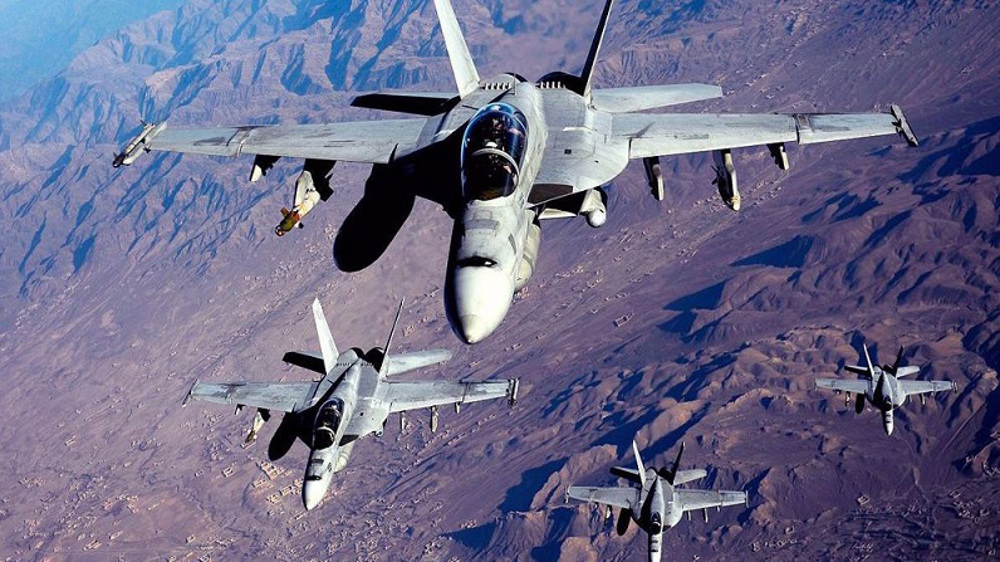
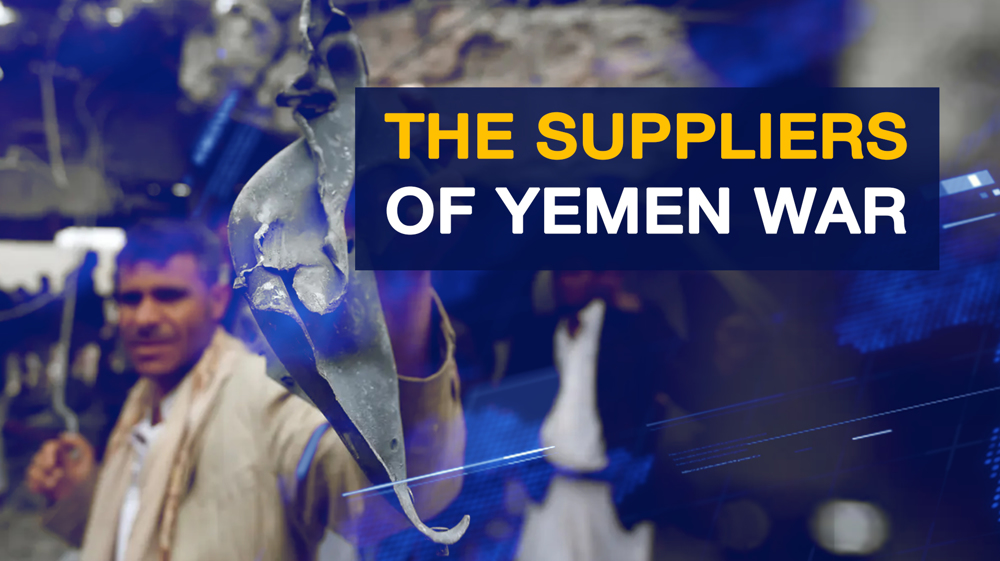
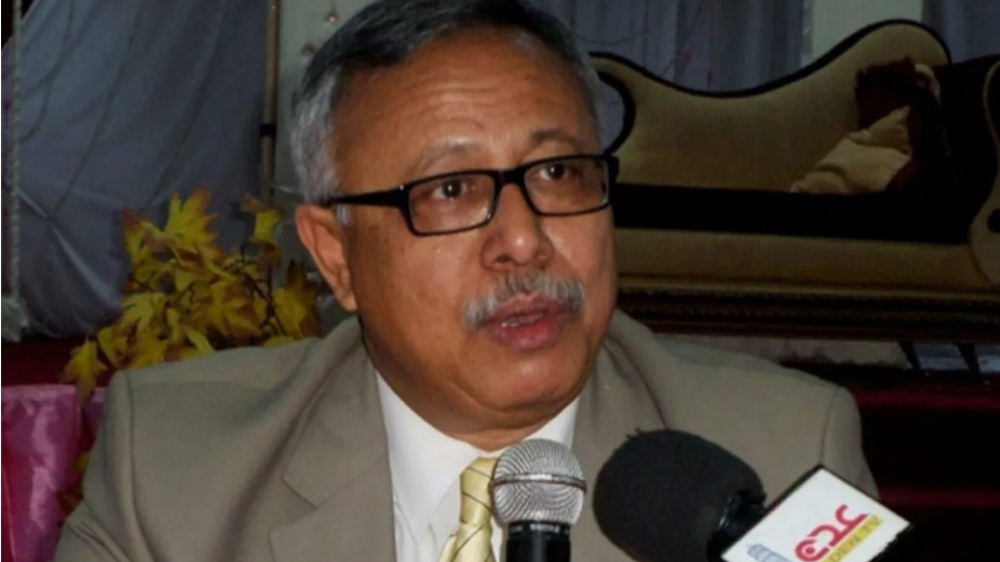
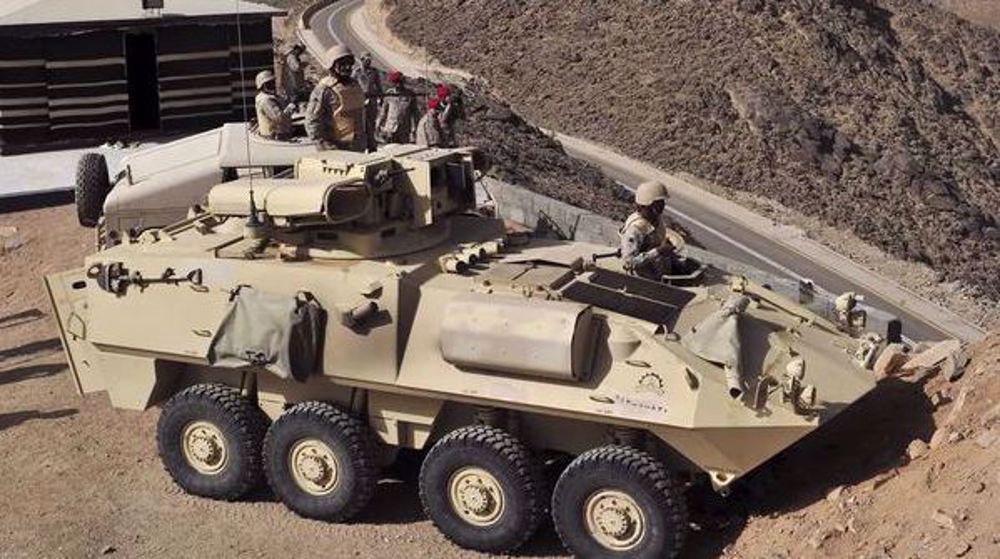
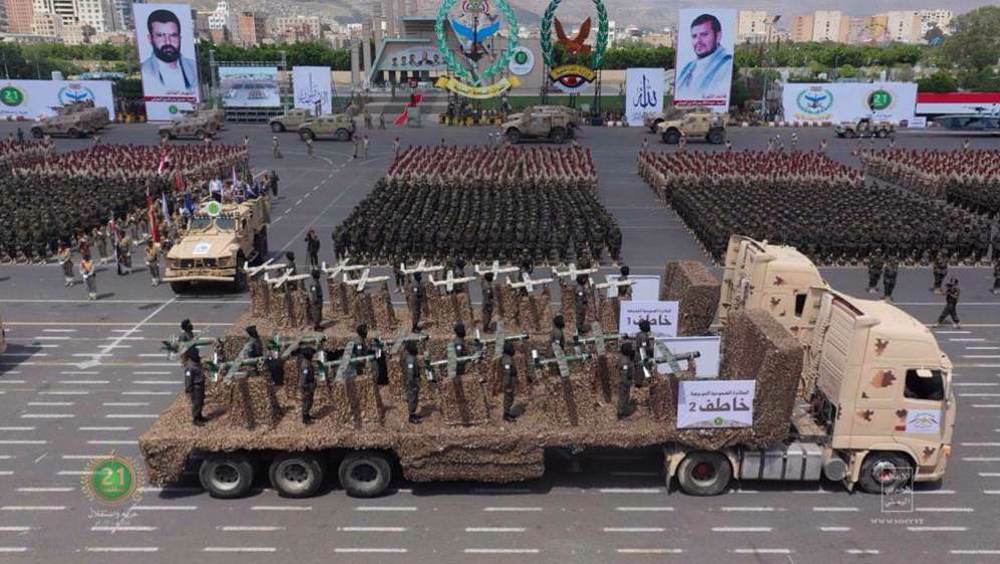
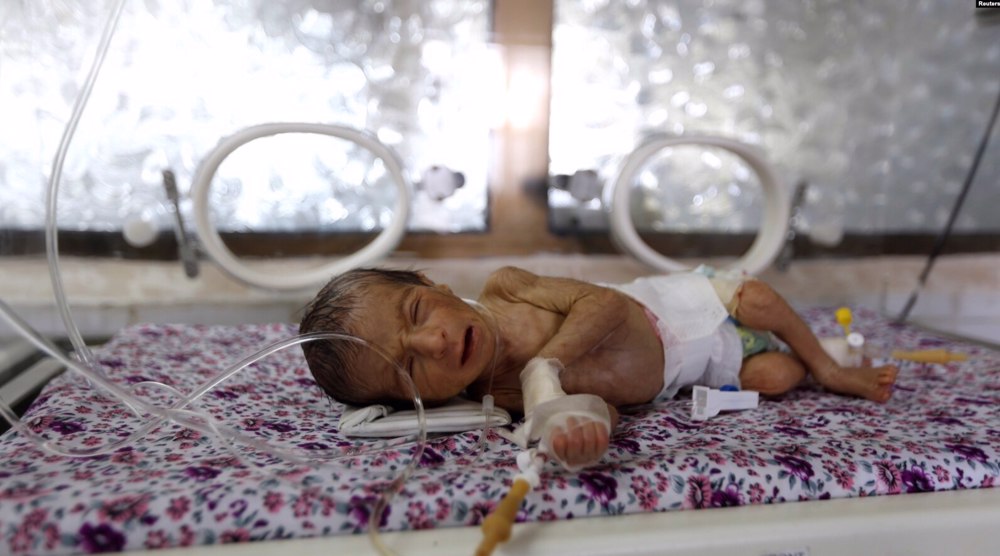
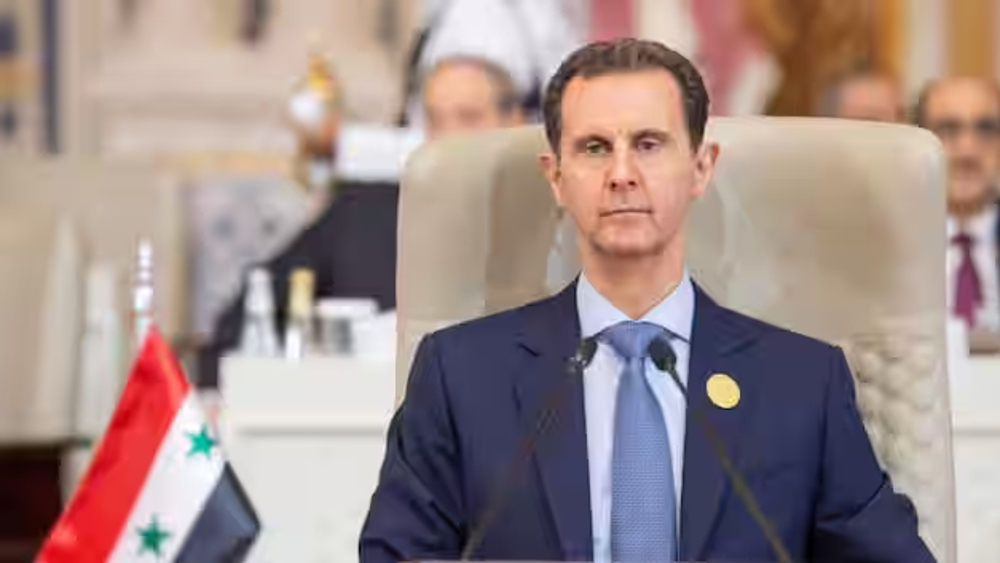

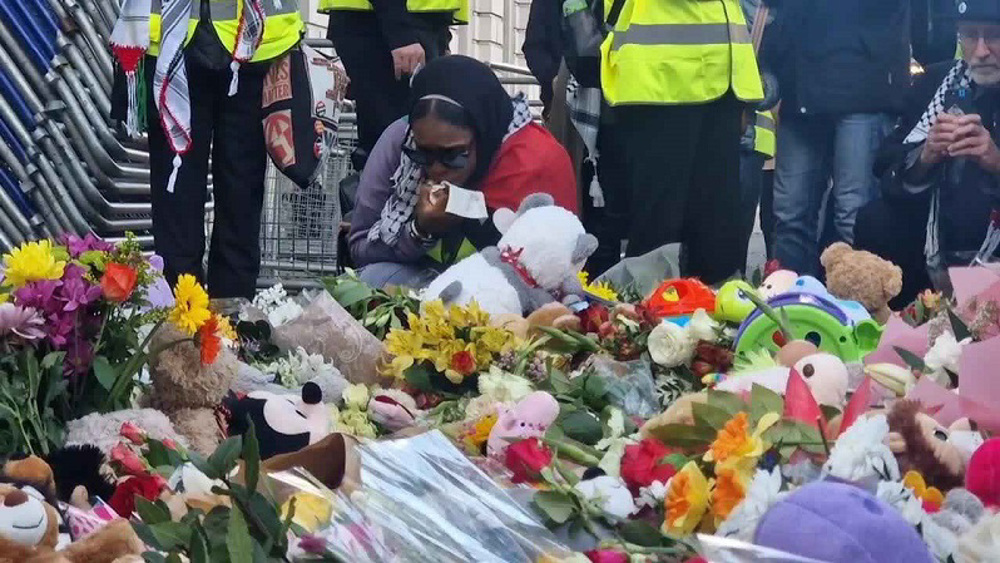



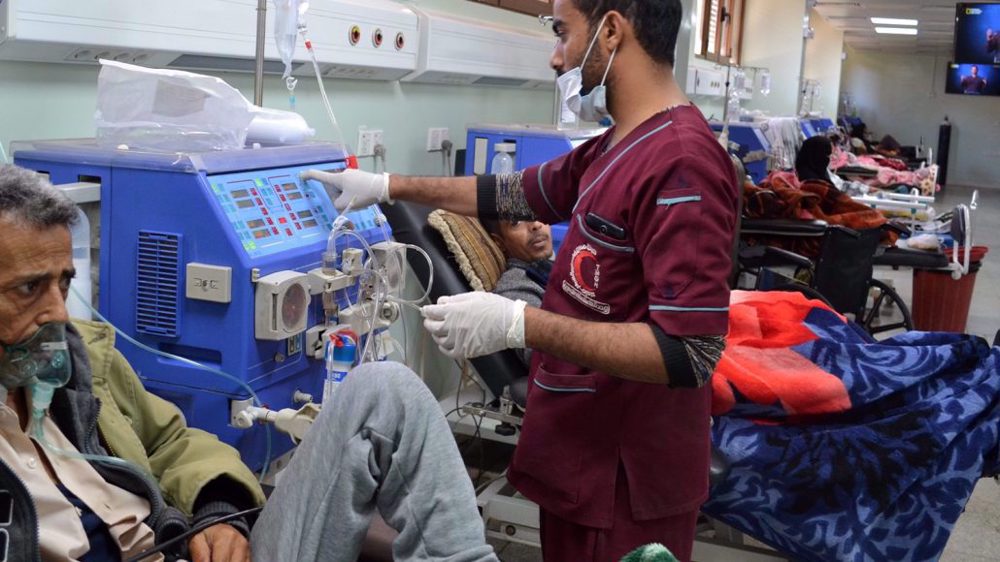
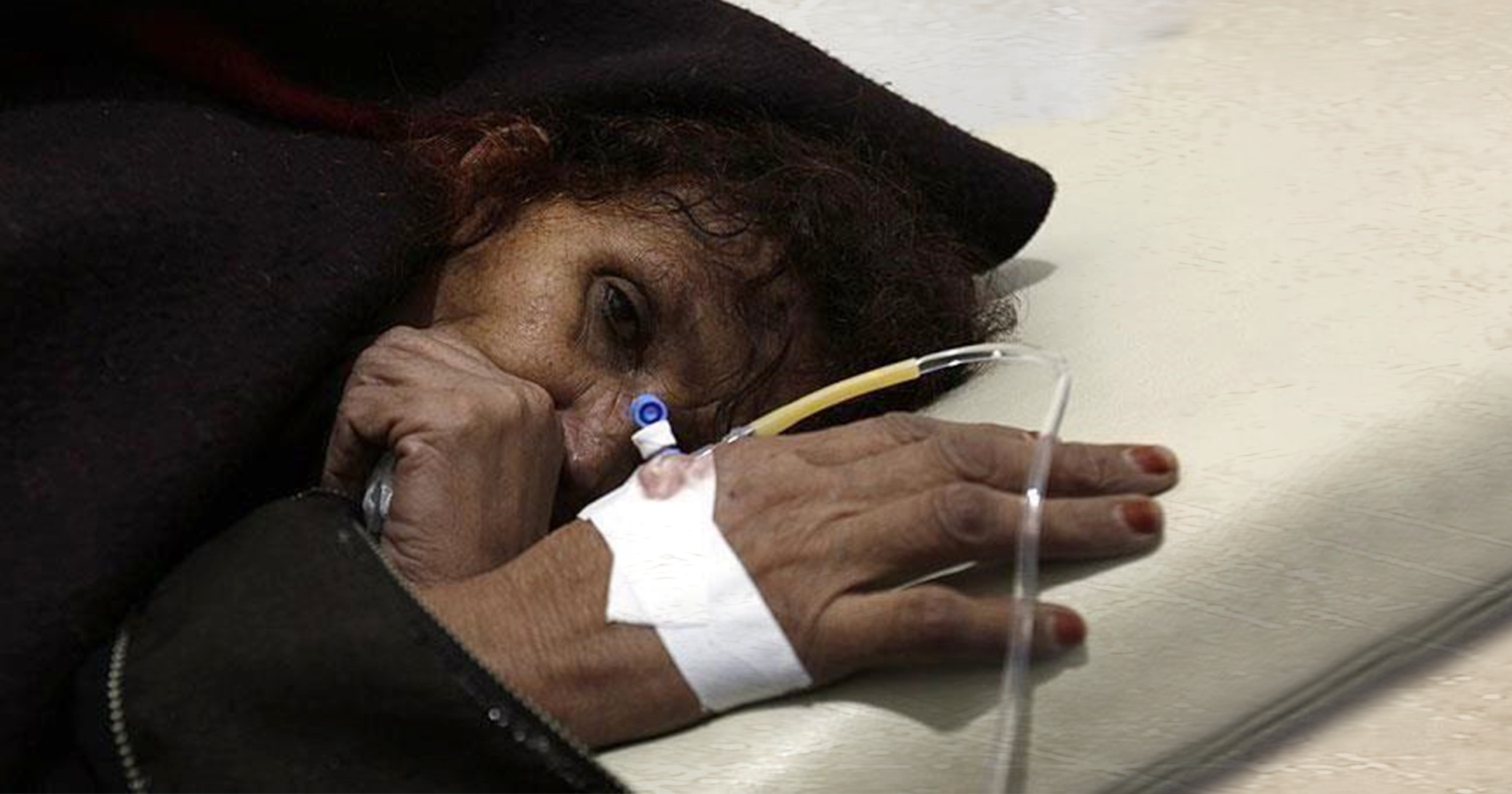
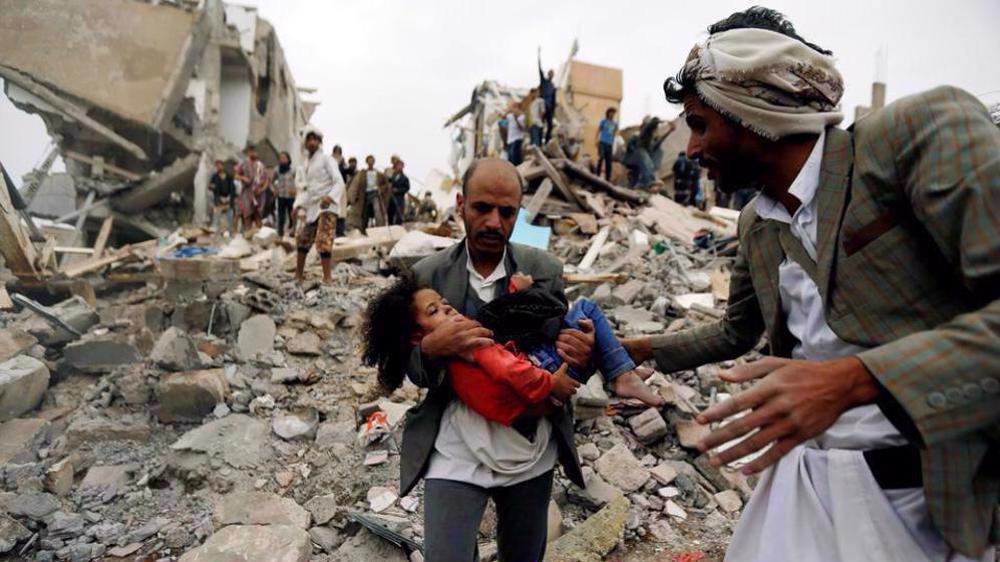
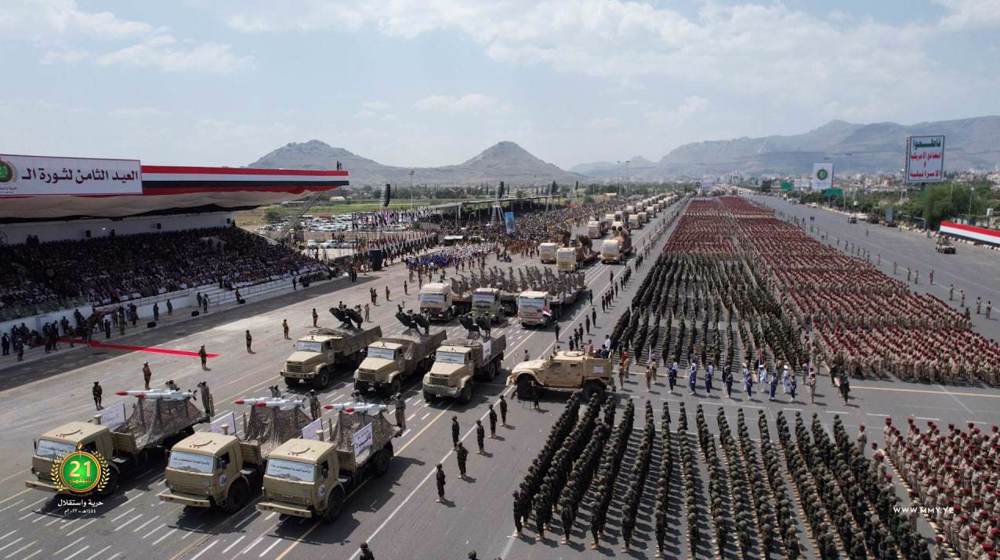

 This makes it easy to access the Press TV website
This makes it easy to access the Press TV website